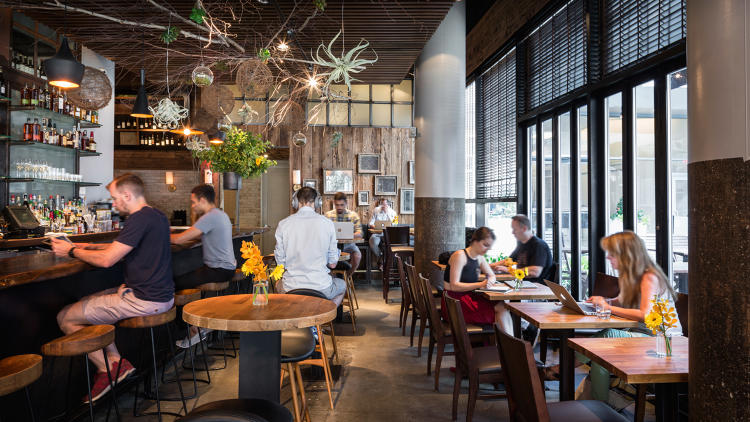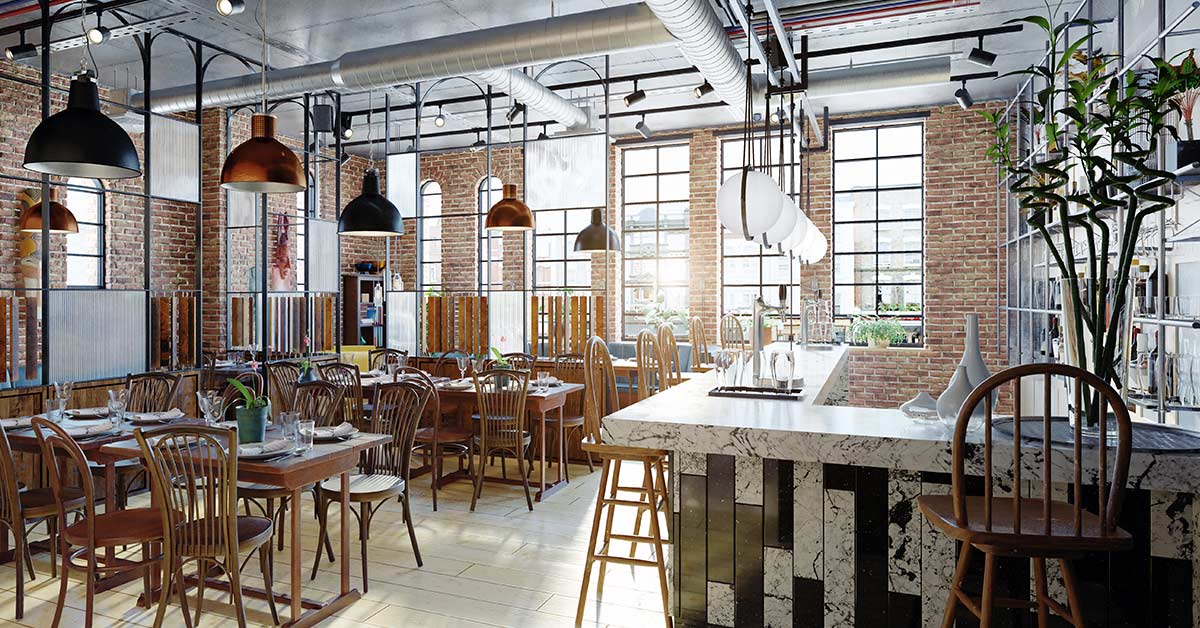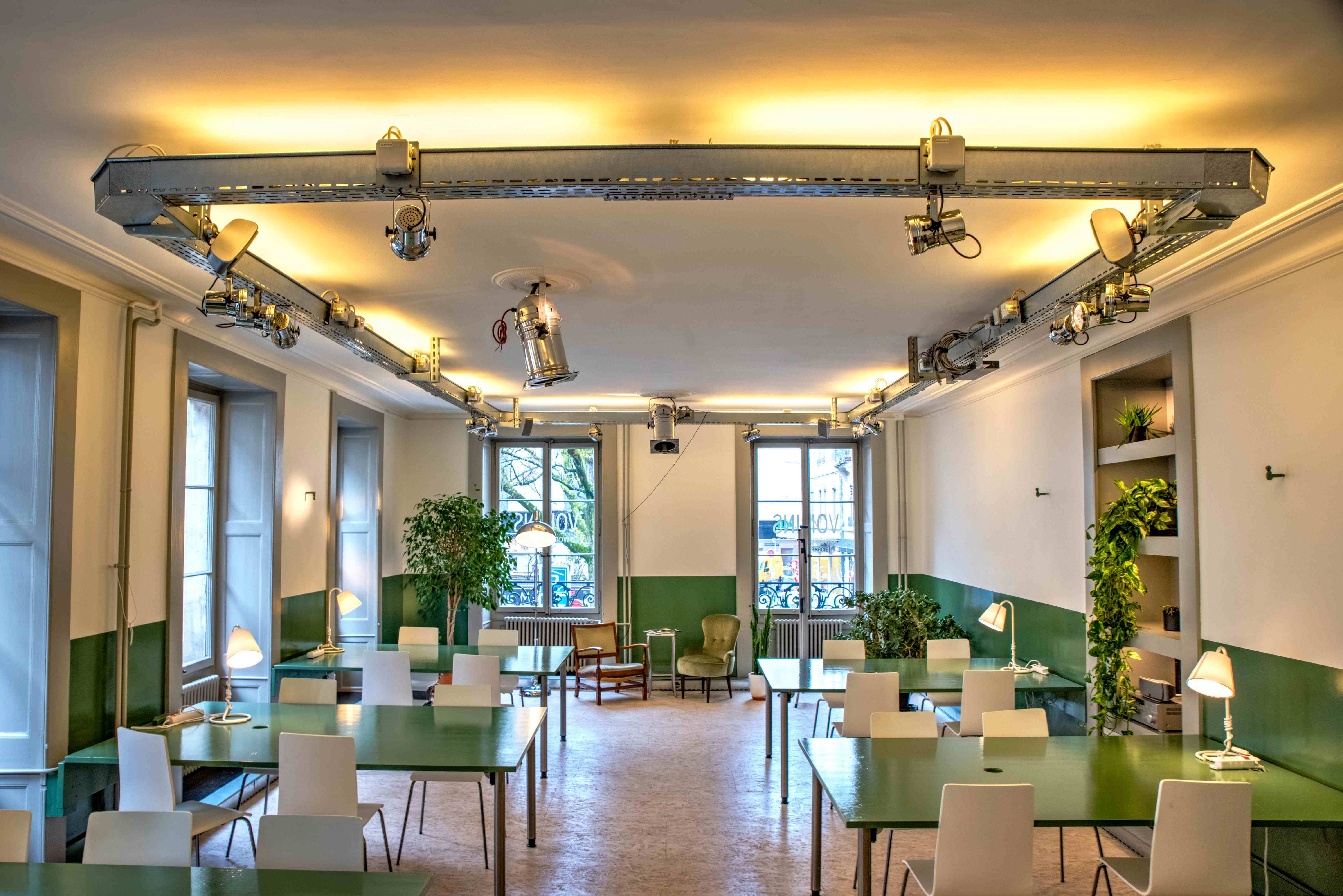

We encourage people to share about education in their countries, their childhood and family, important cultural and religious practices and ceremonies, and so forth. The program is structured around daily life topics, with the goal to connect the different people irrespective of their nationality, age, religion, culture and so on. How are the meetings at the café organized? On the other hand, social isolation and the lack of participation in community life also threaten the wellbeing of refugees and immigrants. Distrust and often hatred are most often directed toward Muslims while the vast majority of Czechs have never knowingly met a person who is Muslim. Since they lack the experience of a different culture, language or religion, they are likely to be more willing to believe in a great deal of the misinformation and fake news circulating in the public domain including media. In a country of 10.6 million people, this means that most Czech people do not have a chance to meet refugees or other immigrants. Out of the 1,702 asylum seekers, 165 were granted international protection (UNHCR). For example, in 2018, the country registered only very few refugees and migrants. For many years, the number of newly arriving refugees has been very low. Yet the situation here is quite different.

Politicians and political parties, much like in other European countries, misuse the topic to arouse public fear and hostility. It is a society that is deeply divided on welcoming both refugees and migrants. Unfortunately, the Czech public still hears mostly negative stories and comments about migrants and refugees and this is reflected in the relationships between the locals and foreigners. Our daily work is supported by volunteers. The café is part of the diaconal work of the Evangelical Church of Czech Brethren. The goal is to help build relationships between the local people and refugees or migrants, who do not have many other possibilities of meeting each other in informal meetings.

It is open for meetings every Wednesday afternoon. It was started in 2017.įirstly, it is a place where everyone is welcome. The café is one large cozy room in the Church of Czech Brethren building, on a street level that is easily accessible from the outside. It is actually a living room, Obýváček, in Czech language, located in the Žižkov neighborhood of the capital city Prague. In this interview, she talks about Café Obýváček, whose work is featured in one of four storybooks that are the latest results of the LWF European Diaconal Process They coordinate the “Seeking Conviviality” diaconal process, ongoing in the region since 2010. (LWI) - In a country with “only very few refugees and migrants” but a rhetoric that they are a threat to society, Evangelical Church of Czech Brethren social worker Alena Fendrychová explains how conviviality – the art and practice of living together – is helping to break this stereotype.įendrychová is a member of the “Solidarity Group” of diaconal practitioners in The Lutheran World Federation (LWF) member churches in Europe. Diaconal worker Alena Fendrychová reflects on how “conviviality” helps to break stereotypes


 0 kommentar(er)
0 kommentar(er)
